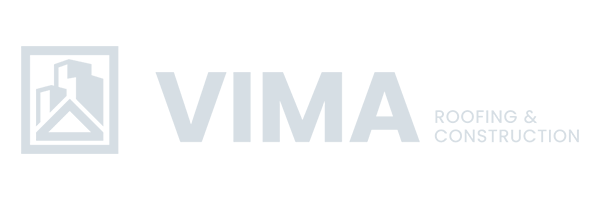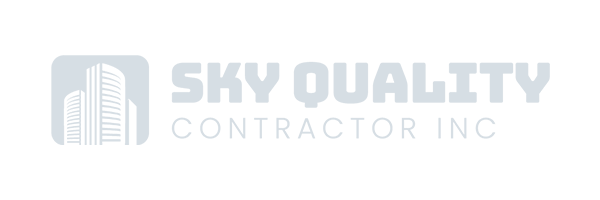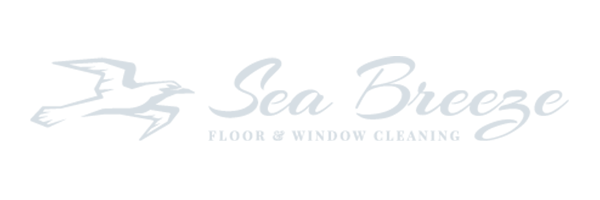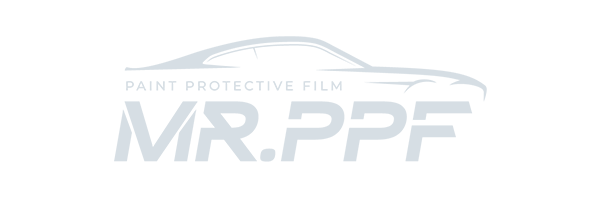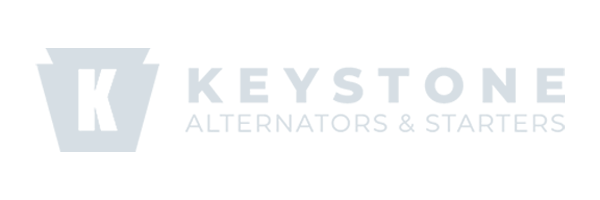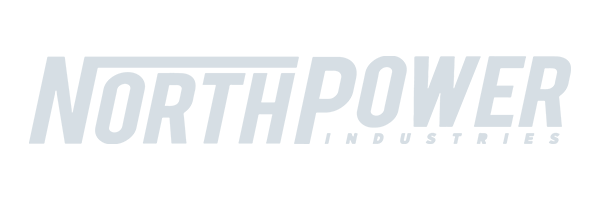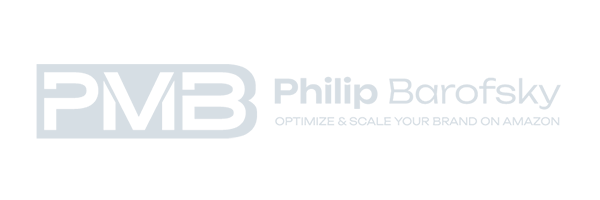Unlock the secret formula: The Startup’s Guide to SEO details groundbreaking methods which generate exponential organic traffic growth for businesses.
Does your startup need to enhance its online visibility while driving organic web traffic? Search engine optimization (SEO) must occupy the leading position in your growth plan checklist when your startup needs to increase online visibility and organic traffic. Modern digital environments make SEO essential for attracting targeted traffic and building credibility which leads to startup success. This curated guide focuses on how SEO can boost startup growth and presents practical advice that addresses startup-specific needs.
Why SEO Matters for Startups
Startups face fierce competition from established businesses. SEO creates opportunities for startups to compete against big companies regardless of their limited marketing budgets.
SEO enables startups to boost their visibility within search engine results pages (SERPs). The optimization of your website with relevant keywords will improve your search engine ranking and boost your discoverability among potential customers. Improved visibility through SEO can drive substantial growth in organic search traffic.
SEO serves as an economical method for generating traffic over a prolonged period. Organic traffic achieved through SEO provides ongoing visibility and lead generation benefits that remain budget-friendly compared to the costly, temporary results from paid advertising. Startups gain the potential for scalable growth by making strategic investments in SEO.
Building a Solid SEO Foundation
Keyword Research
Successful SEO strategies rely heavily on thorough keyword research. Tailoring your website content to match the search intent of your target audience becomes possible when you understand their specific keywords and phrases. Start by generating relevant keywords then analyze these with tools to find high-ranking keywords that face minimal competition which match your business offerings.
Startups benefit significantly from using long-tail keywords which comprise three or more words. Their conversion rates are higher because these keywords target a more specific audience despite their lower search volumes. To improve your website’s ranking potential strategically place long-tail keywords in your content as well as meta tags and headings.
On-Page Optimization
You need to optimize on-page elements in order to achieve higher search rankings. Initiate your optimization with meta tags which should include your page title and meta description. Implement relevant keywords to describe page content which will boost visibility and increase click-through rates.
Your URL design should remain straightforward and contain targeted keywords. A properly organized URL benefits search engine crawling while simultaneously making page content more understandable to users.
Optimize your headings (H1, H2, H3, etc.) with relevant keywords. Using headings structures your content while enabling search engines to comprehend the page’s context and relevance.
Finally, focus on enhancing the user experience. Your website should have fast loading times and mobile-friendly design. Search engine rankings and user satisfaction rely heavily on both factors.
Creating Engaging and Keyword-Optimized Content
Blogging
In the world of SEO the primary element is content. You need to produce content that is both engaging and filled with your target keywords to enhance your website’s organic visibility.
Publish blog posts on a regular basis to address the specific challenges of your target audience while providing them with meaningful insights or solutions. Use relevant keywords to optimize your blog content which helps your posts rank higher for specific search queries.
Infographics and Videos
The shareable nature of visual content allows it to generate backlinks which boosts website authority. Develop infographics that provide valuable information through attractive visuals and produce videos that engage your target audience.
Repurposing and Updating Content
Use existing content to update your website for freshness. Rejuvenate obsolete blog posts by updating them and converting them into new formats to strengthen your SEO performance.
Building Quality Backlinks
Networking
Incoming links from external websites function as essential elements that build your website’s authority while enhancing search engine rankings.
Establish connections with industry peers and work together with other companies or influencers. Find guest blogging opportunities to create quality content while earning a backlink to your website.
Creating Linkable Assets
Establish your authority by creating valuable industry reports and comprehensive guides as well as authoritative whitepapers. Valuable content creation increases the probability that other websites will link to and reference it.
Monitoring, Analyzing, and Adapting
Track Organic Traffic
A successful SEO strategy depends on constant monitoring and adjustment tasks. By analyzing key metrics you can optimize your methods and achieve consistent improvements in your work.
Keep track of your website’s organic traffic flow and examine any changes that occur to find improvement opportunities. Google Analytics tool provides helpful insights to users.
Monitor Rankings
Perform regular evaluations of your search engine standings for important target keywords. By tracking performance you can assess your SEO results and find areas that need improvement.
Adapt Based on Insights
Evaluate your collected data and modify your SEO strategy based on the outcomes. Identify trends and comprehend visitor actions to make informed decisions that enhance website efficiency.
Leverage AI-Powered Tools
AI-powered SEO tools automate data collection while delivering comprehensive analysis and actionable insights based on your website performance.
Startups need to implement strong SEO strategies to achieve substantial growth. Startups can boost their visibility and organic traffic by concentrating on keyword research and on-page optimization while producing engaging content and building high-quality backlinks with continuous performance monitoring. A dedicated investment of time and resources into SEO enables you to challenge established competitors while building a solid online footprint. Startups should immediately focus on SEO to fully leverage organic search traffic for their growth.
